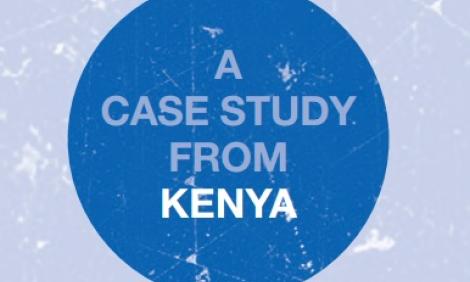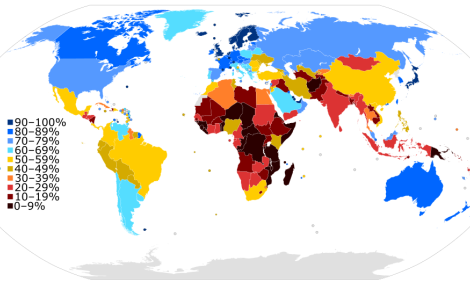
Feminist talk
[COLUMN] Access and beyond (1): Navigating the gendered cyberspace
In this column series, Chenai Chair explores the barriers to accessing the internet in four countries in Africa - Rwanda, Nigeria, South Africa and Kenya. The study in particular looks at the impact of affordability of internet and subsidised data services, and what impact this has on people in different locations (countries, urban-rural), of different genders, and so on. In the first column,…
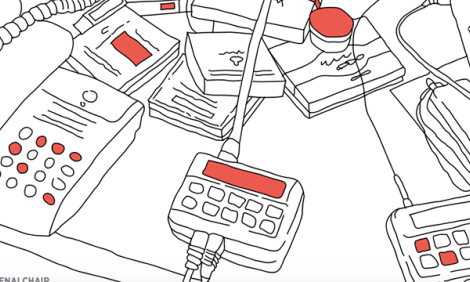
Publication
Internet use barriers and user strategies: perspectives from Kenya, Nigeria, South Africa and Rwanda
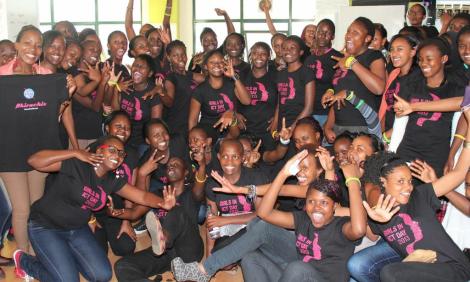
Feminist talk
A Woman Coder's Journey (Women-in-tech)

Publication
Kenya country report: Technology-related violence against women
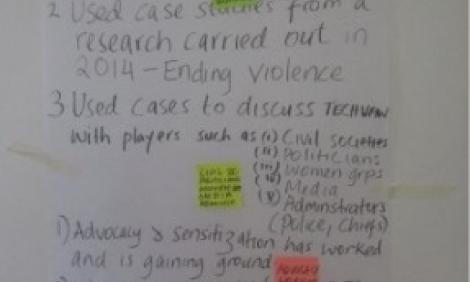
In depth
From unawareness to women coming forward when under attack: Technology-related violence against women in Kenya
